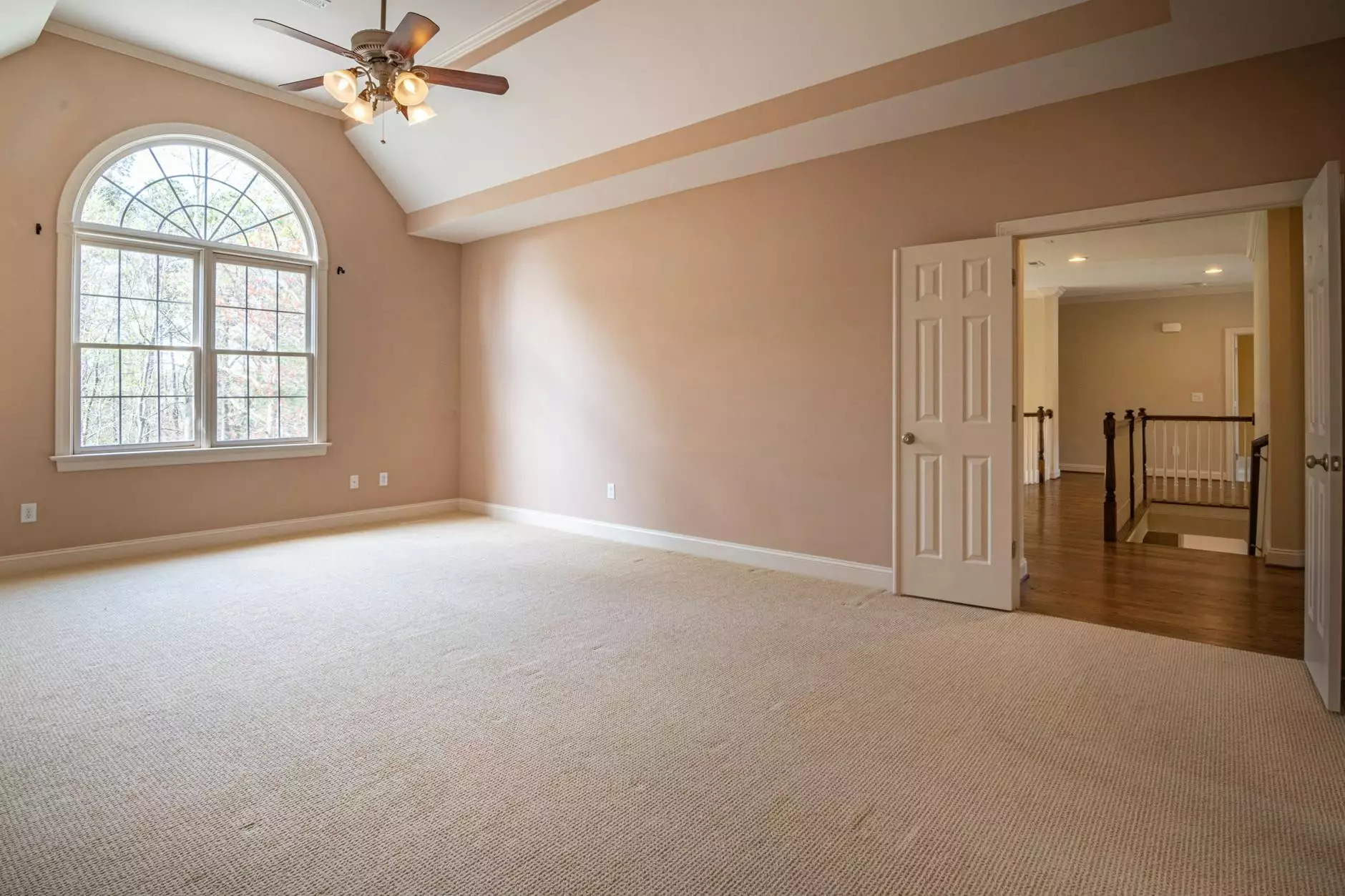Transform Your Pool with Professional Pool Plastering Contractors

Pool plastering contractors play a crucial role in maintaining and enhancing the overall aesthetic and functional appeal of your swimming pool. As a homeowner, ensuring that your pool remains in top condition is essential for both enjoyment and safety. In this comprehensive article, we will explore the various aspects of pool plastering, the importance of hiring professionals, and how to select the best service provider for your needs.
Why Pool Plastering is Essential
The plaster in your swimming pool is not merely a cosmetic element; it acts as a protective layer that guards the structure of the pool against damage from water, chemicals, and environmental factors. Pool plastering contractors provide essential services that include:
- Protection Against Leaks: Properly applied plaster helps seal the pool, preventing leaks that can lead to costly repairs.
- Improving Aesthetic Appeal: A fresh layer of plaster enhances the beauty of your pool, making it more inviting for family and friends.
- Increased Durability: High-quality plastering extends the lifespan of your pool by resisting wear and tear and providing a smooth surface.
- Enhanced Comfort: A well-plastered surface is gentler on the skin, making your swimming experience more enjoyable.
Understanding Different Types of Pool Plaster
Before hiring pool plastering contractors, it is vital to understand the various types of plaster materials available. Each type of plaster comes with its unique advantages:
1. Traditional White Plaster
This is the most commonly used material and consists of a mixture of white cement, sand, and water. It is cost-effective and provides a smooth finish that looks great under water.
2. Colored Plaster
Colored plasters are available in a variety of hues, allowing homeowners to customize the look of their pool. This type of plaster can add depth and vibrancy to the swimming pool environment.
3. Aggregate Plaster
This sophisticated option includes small stones or glass beads mixed into the plaster. It is durable and offers a unique texture, making it a popular choice for those looking for luxury finishes.
4. Pebble Finish
Pebble finishes are another high-end option that provides a natural look. This type of plaster consists of small pebbles or stones and is known for its durability and low-maintenance requirements.
FAQs About Pool Plastering
What is the Average Lifespan of Pool Plaster?
Typical pool plaster lasts between 5 to 15 years, depending on usage, maintenance, and the quality of the installation. Regular maintenance can often extend its lifespan.
How Do I Know When to Replaster My Pool?
Signs that indicate your pool needs replastering include:
- Visible cracks or chips in the surface.
- Rough and abrasive texture.
- Staining that won’t come clean.
- Leaks or significant water loss.
Why Hire Professional Pool Plastering Contractors?
While some homeowners may be tempted to undertake a DIY approach, here are compelling reasons to hire professional pool plastering contractors:
1. Expertise
Professionals possess the technical knowledge and experience necessary to carry out flawless plastering. They understand how to properly prepare the pool surface and apply the plaster to ensure longevity and aesthetics.
2. Quality Materials
Established contractors have access to high-quality materials that may not be available to the average homeowner. This ensures that your pool receives the best possible finish.
3. Warranties
Many reputable contractors offer warranties on their work, providing peace of mind and protection against future issues.
4. Time Efficiency
Hiring professionals means you can count on a timely completion of the project, allowing you to have your pool ready for use as quickly as possible.
Choosing the Right Pool Plastering Contractor
When it comes to hiring pool plastering contractors, making the right choice can make all the difference. Here are some tips to help you find the best contractor for your project:
1. Research and Reviews
Start by conducting thorough research. Look for contractors with positive reviews on platforms such as Google, Yelp, or Angie's List. Customer feedback can provide valuable insights into the quality of their work.
2. Ask for References
Don't hesitate to ask potential contractors for references from previous clients. This can help you gauge their reliability and craftsmanship.
3. Verify Credentials
Ensure that the contractors you consider are licensed, insured, and carry the necessary certifications to perform pool plastering. This protects both you and the workers in the event of an accident.
4. Get Multiple Quotes
Obtain quotes from several contractors to compare pricing. Remember, the cheapest option isn't always the best; assess which contractor offers the best value.
The Process of Pool Plastering
Understanding the pool plastering process can help you appreciate the effort and expertise involved:
1. Preparation
The first step involves draining the pool and preparing the surface. This may include pressure washing, sandblasting, or chipping away any damaged plaster.
2. Bonding Agent
Applying a bonding agent is crucial for ensuring that the new plaster adheres properly to the surface. This step is vital for a long-lasting finish.
3. Mixing Plaster
Once the surface is prepared, the plaster is mixed to the correct consistency for application. Professionals ensure that the mixture is precisely measured for optimal results.
4. Application
The plaster is applied using trowels or other specialized tools. Professional contractors have the skills to apply the plaster evenly, resulting in a smooth finish.
5. Curing
After application, proper curing is essential. Contractors will keep the surface damp for several days to ensure the plaster sets correctly.
Maintaining Your Newly Plastered Pool
Once your pool has been replastered, taking care of it can help maximize its lifespan. Here are some maintenance tips:
- Regular Cleaning: Keep the pool clean to prevent staining and buildup. Use a soft brush and mild chemicals suitable for plaster.
- Chemical Balancing: Regularly test and adjust the water chemistry to protect the plaster from etching and discoloration.
- Proper Filtration: Ensure your pool's filtration system is working efficiently to maintain clean water and reduce wear on the plaster surface.
Enhancing Your Pool Area
After a successful replastering project, you might consider further enhancing your pool area to elevate its appeal. Here are some creative ideas:
1. Installing a Water Feature
Add an elegant water feature, such as a waterfall or fountain, which can create a relaxing ambiance while also enhancing the visual appeal of your pool.
2. Pool Lighting
Incorporate LED lighting to illuminate your pool at night, making it a stunning centerpiece for evening gatherings.
3. Surrounding Landscaping
Invest in attractive landscaping around your pool area. Beautiful plants and stonework can create a serene oasis that complements the new plaster.
Conclusion
Choosing the right pool plastering contractors can make a significant difference in the longevity and beauty of your swimming pool. With a variety of plastering options available and the importance of professional expertise, homeowners can take steps to ensure their investment in pool renovation pays off. Taking the time to research, vet, and communicate with potential contractors will ultimately lead to a satisfying experience and results that can transform your pool area into a luxurious retreat.
Reach out to poolrenovation.com today to find the best pool plastering contractors, and start your journey towards a beautiful and functional swimming pool.









